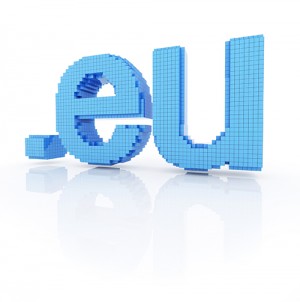James Scicluna, partner with WH Partners in Malta, offers iNTERGAMINGi an informed perspective on the taxation of remote gambling in Europe.


THE shift from prevalently .com to .country regulation of remote gaming and betting which occurred over the past five years or so in Europe brought with it higher taxes than the remote gaming industry had been used to in the first 10 years of its development.
Business models had to change, industry consolidation accelerated and taxation is now one of the foremost considerations for a remote gaming operator wishing to obtain a .country remote gaming licence. This article considers some of the tax issues which remote gaming operators should consider when looking at new .country regulated markets and also at a state aid case currently before the European Court of Justice which could potentially be a game changer for the gambling industry in Europe.
Variety is a compliance nightmare
Readers are likely to be familiar with the fact that remote gaming taxes differ greatly from one jurisdiction to another in Europe, both in terms of percentage and bases of taxation.
For example, the UK taxes remote gaming at 15 per cent of gross gaming revenue which, for the avoidance of doubt, means the difference between the sum of stakes and other payments (e.g. rake) received to participate in remote gaming less amounts paid out as winnings. It also taxes remote betting at 15 per cent of gross profits, that is, stakes less pay-out. Denmark imposes remote gaming tax on a similar basis but at different rates. The prevalent rate of remote gaming tax in Denmark is of 20 per cent of gross gaming revenue.
Read the full article in issue 3 of iNTERGAMINGi.

